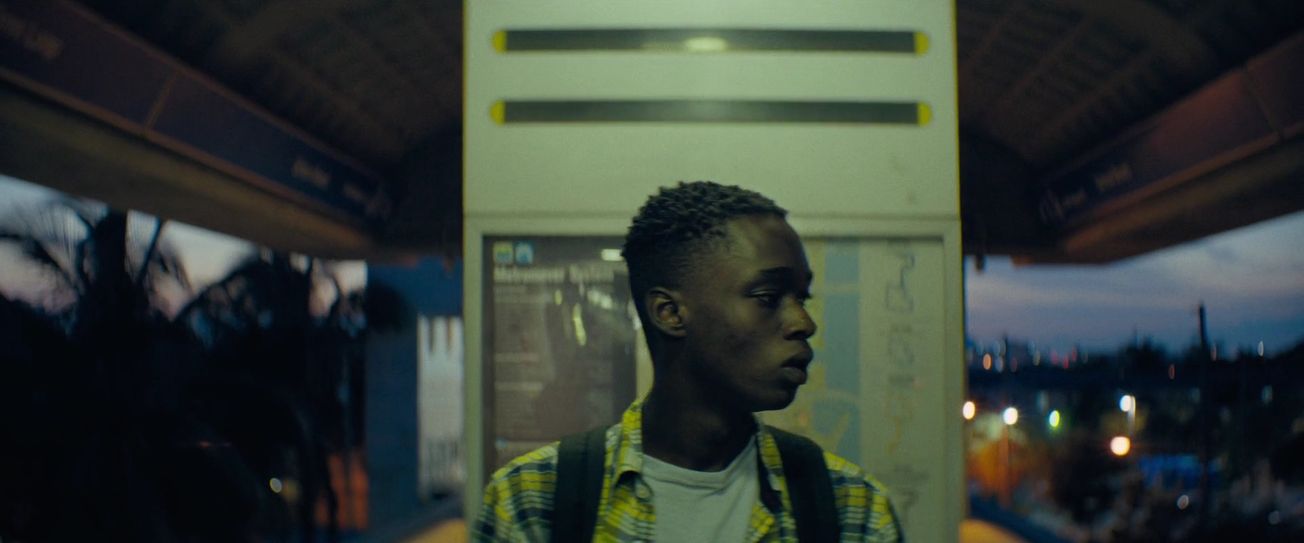By Milo Ryan, Third Year, English
So often, the movies we watch appear to resonate most when we clearly see ourselves in the environments, characters and plots they seek to represent. For us students, this resonance is inevitably amplified when our own adolescent frequencies are seen reflected in the stories of characters who are as similarly ill-experienced and seemingly unprepared for the infinitely varying challenges of adulthood.
Whether you are a first year anxious to settle into life in a new city or a final-year student reluctant to approach any notion of a post-graduation future, here are some films which we hope can serve as valuable crutches for you to lean upon as we enter yet another academic year.
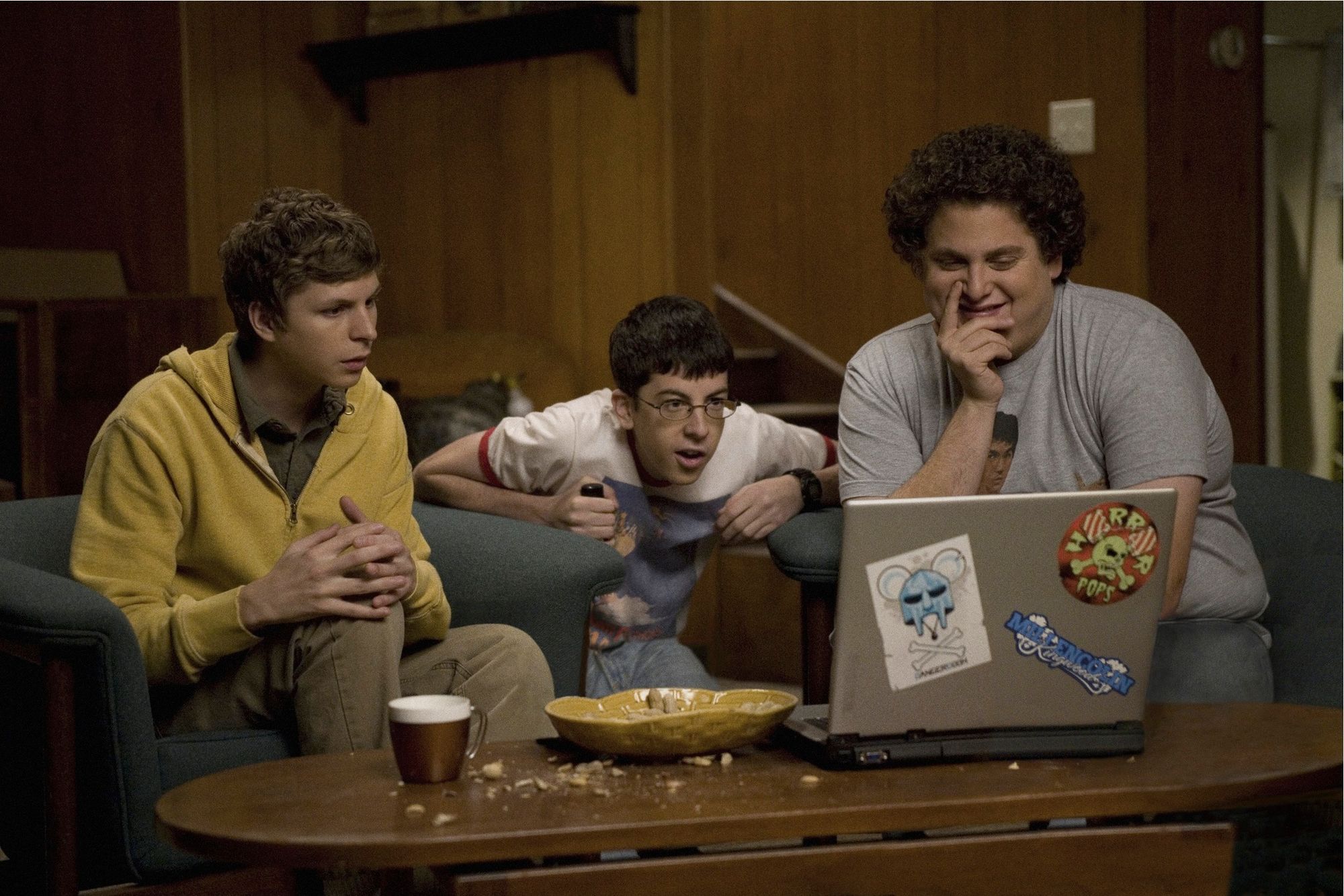
The Way Way Back (2013)
One of the many appeals of the university experience is the lengthy breaks with which we are rewarded in the summer. As cold breezes set upon the streets of Bristol, The Way Way Back shines a fleeting ray of sun upon memories of summer and childhood alike.
Following a neglected teen's emergence into the independence of adulthood, all events within this movie take place within a woozy, nostalgic vacuum. A vacuum that can be more explicitly localised within the water park in which Duncan (Liam James), the film’s charmingly awkward protagonist, spends his summer working at. Re-emerging in yet another maternal role, Toni Collette’s performance as Pam is great and most successful when witnessed on screen alongside her deeply unlikeable new boyfriend Trent, played by Steve Carrell.
An assessment of familial dysfunction, this light-hearted story aims to identify insecurity of the self within the adults we cannot help but characterise as unquestionably self-assured. It reminds us that the adults we so often look to as beacons of self-assured confidence are often as, if not more, unsure about the future as we are.
A comforting story with a family at its core, this is a movie that doesn’t take itself too seriously and serves as a successfully warming remedy to the cold feelings of homesickness that may hope to settle as we settle into university life.
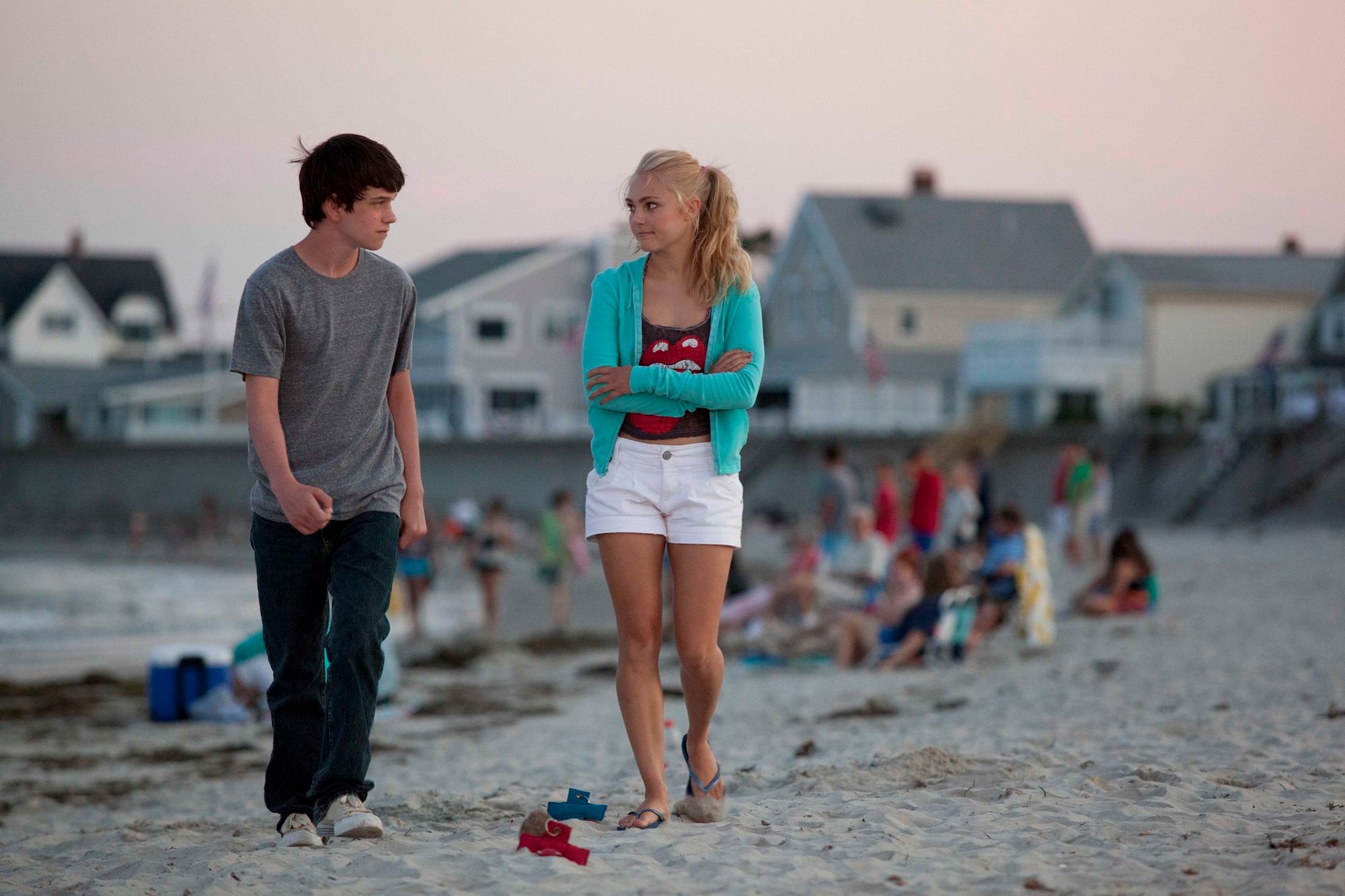
Lady Bird (2017)
From one movie entrenched in summer nostalgia to another, Greta Gerwig’s directorial debut Lady Bird, just like The Way Way Back, utilises the relatability of the impossibly average protagonist in the form of Christine ‘Lady Bird’ Johnson.
This film follows the story of a seventeen-year-old girl from a working-class background as she experiences heartbreak for the first time, celebrates her eighteenth birthday, enrols in a high school theatre production, and eventually moves to college. Littered with beautiful cinematography and brought to life alongside a masterfully composed score (Jon Brion), Gerwig’s true talent lies in her ability to present the mundane through a personally curated but entirely relatable lens of nostalgia.
Gerwig’s Lady Bird is a movie which serves to salve the placelessness so often felt when the once indefinable tactility of home becomes imperceptible. It is a movie that teaches us to look for the security home comforts provide not in the presence of our parents or our childhood bedroom but in the very memories of our young adulthood, which are entirely and viscerally us.
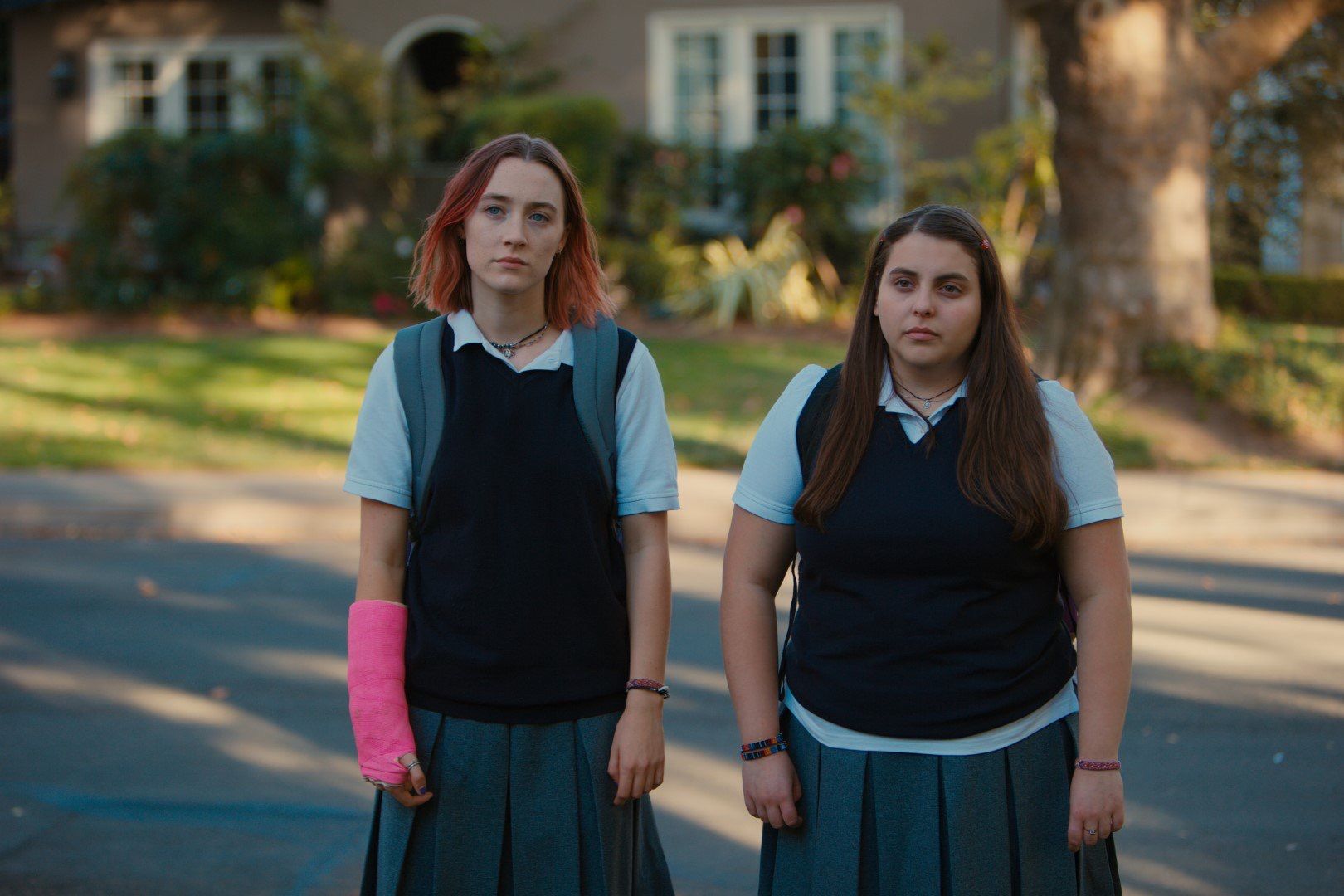
Whip it (2009)
Drew Barrymore’s directorial debut provides the perfect equilibrium between light-hearted, often comical scripting and intentionally stylised cinematography. Featuring Elliot Page as the ostensibly meek Bliss Cavender, this movie speaks to the uniquely adolescent struggles of provincial life with a non-patronising, acute sensitivity.
Focalised through the underground roller derby culture of Austin, Texas, we witness a story in which a girl who was once suffocated by the superficial pressures of small-town beauty pageants emerges into the quick-paced streets of adulthood wearing roller-skates and shin pads in place of plastic tiaras.
Aptly named after a bravura manoeuvre of roller derby, in which a star player uses another member of her team to thrust herself to the fore, this movie unashamedly represents young adulthood as an experience which is turbulent, exciting, and inevitably whiplash-inducing.
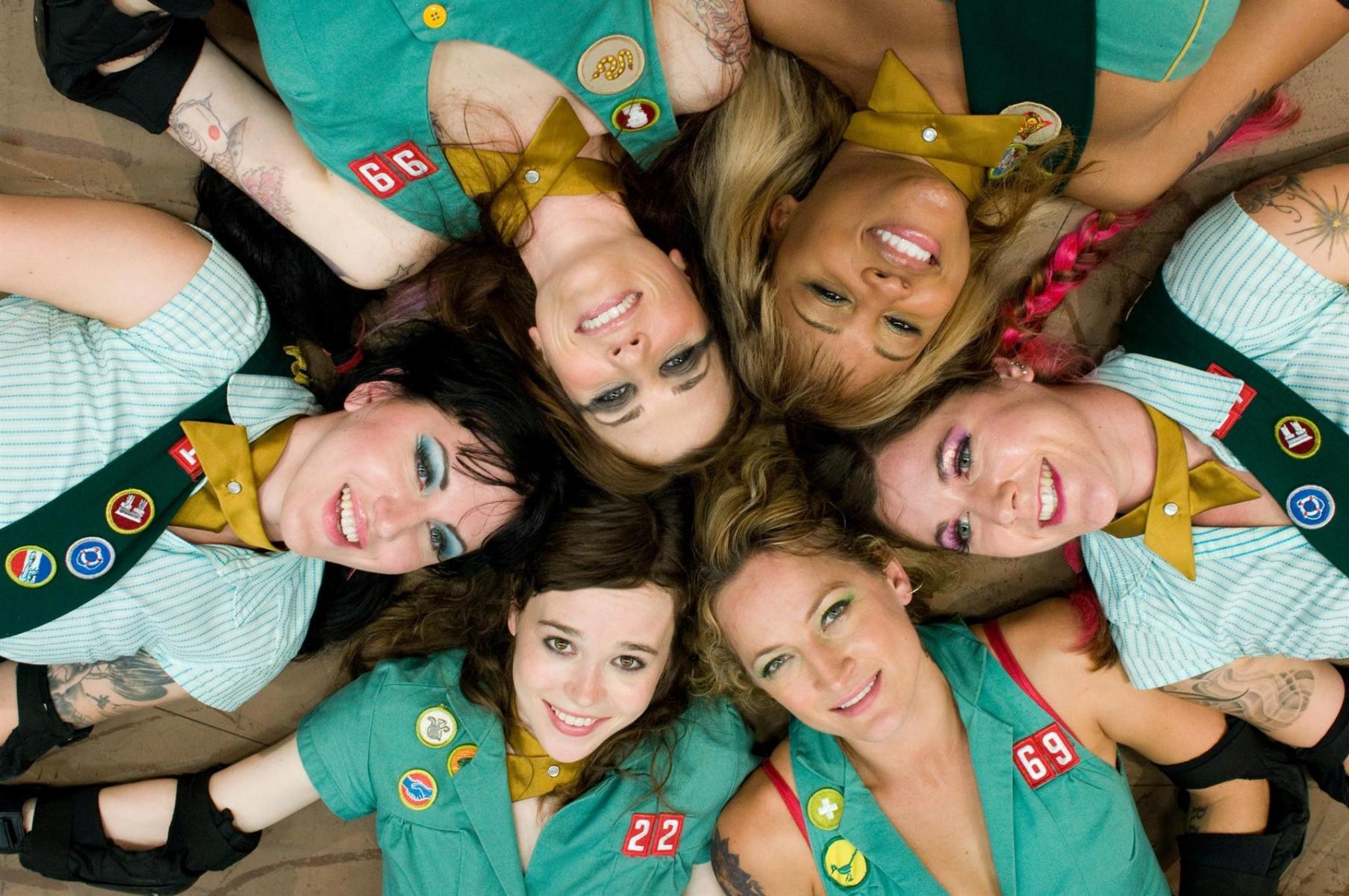
Dead Poets Society
A cult classic, and for good reason. At an elite boarding school in Vermont, a newly appointed English teacher (Robin Williams) arouses artistic passion in a class of previously uninspired adolescent boys.
Coming-of-age films so often depict the trials and tribulations one must go through before you become an adult before your identity is ‘solidified’ and your younger self transforms into the person you will remain to be for the rest of your life. Dead Poets Society preaches that this idea is a fallacy. It highlights the power of the uncorrupted mind, a mind idiosyncratically synonymous with youth. It aims to show how the very system that is designed to ‘teach’ us instead transforms us into mindless cogs within a larger societal machine. It is apt that this film comes recommended alongside the commencement of the new academic year.
Imbued with the very essence of autumn and speaking to the emotional instability educational environments can so often spark within us, this film seeks to remind us that apprehension for the future is a universal feeling that can be overcome if one only strives to seize the day!
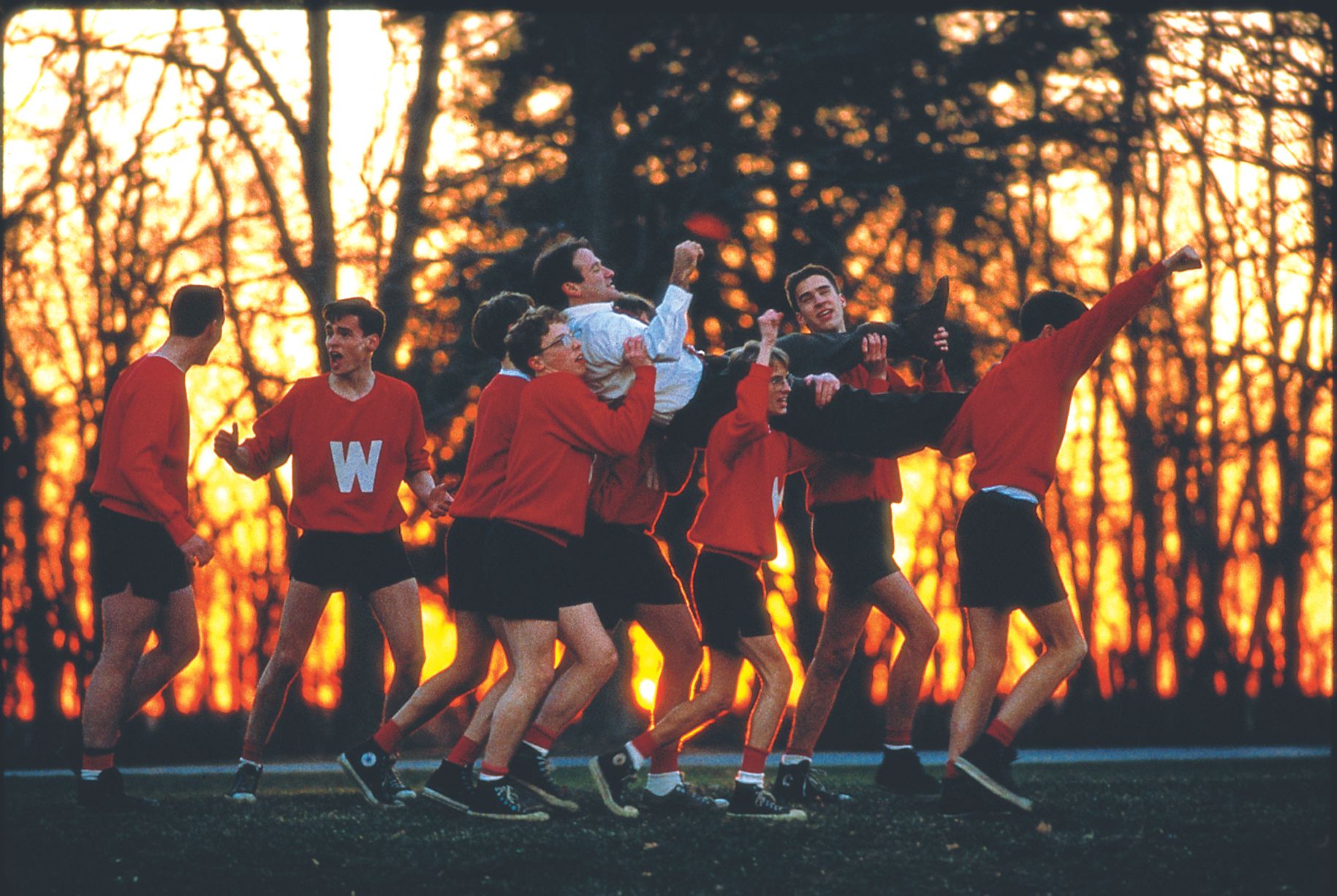
As we approach a new term, I hope these movies serve as reminders that our anxieties for the unknown are not unique but rather universal. As you get your next morning coffee, or enter a lecture for the first time, there is comfort to be found in the knowledge that you are living a life that has been romanticised and represented innumerably within cinema.
Do not fear the possibility of disaster, then, but instead relish in the reality that what you are experiencing now is the very event directors have been obsessed with for generations. You are coming of age.
Featured Image: IMDB
Which Coming-of-Age film do you find to be the most comforting?

